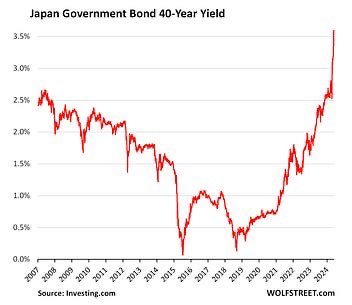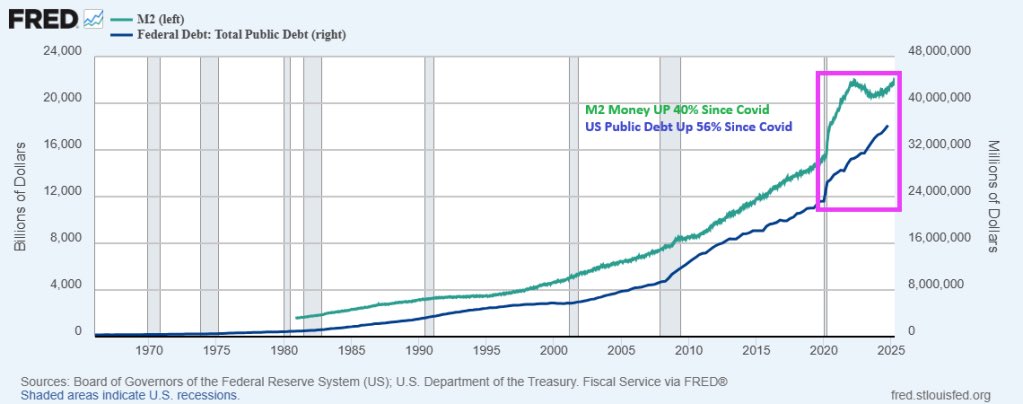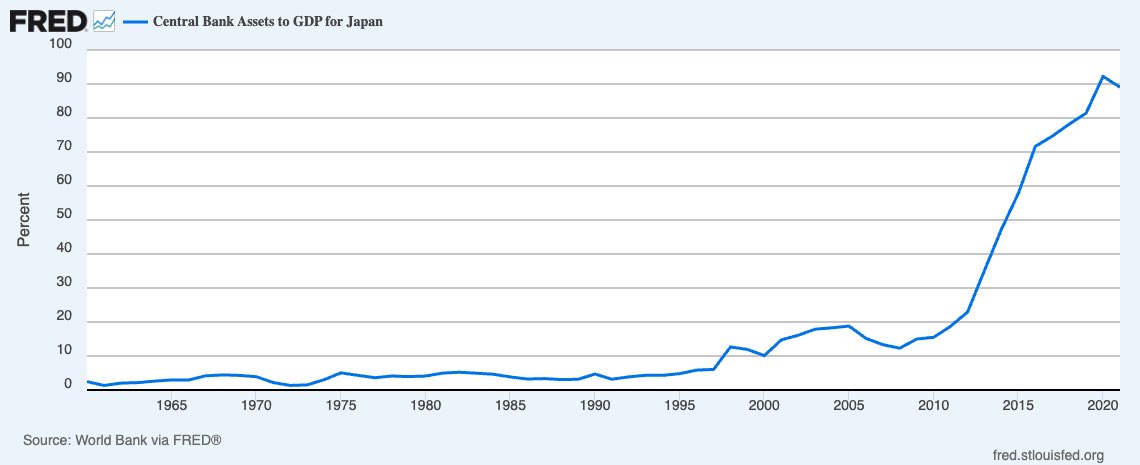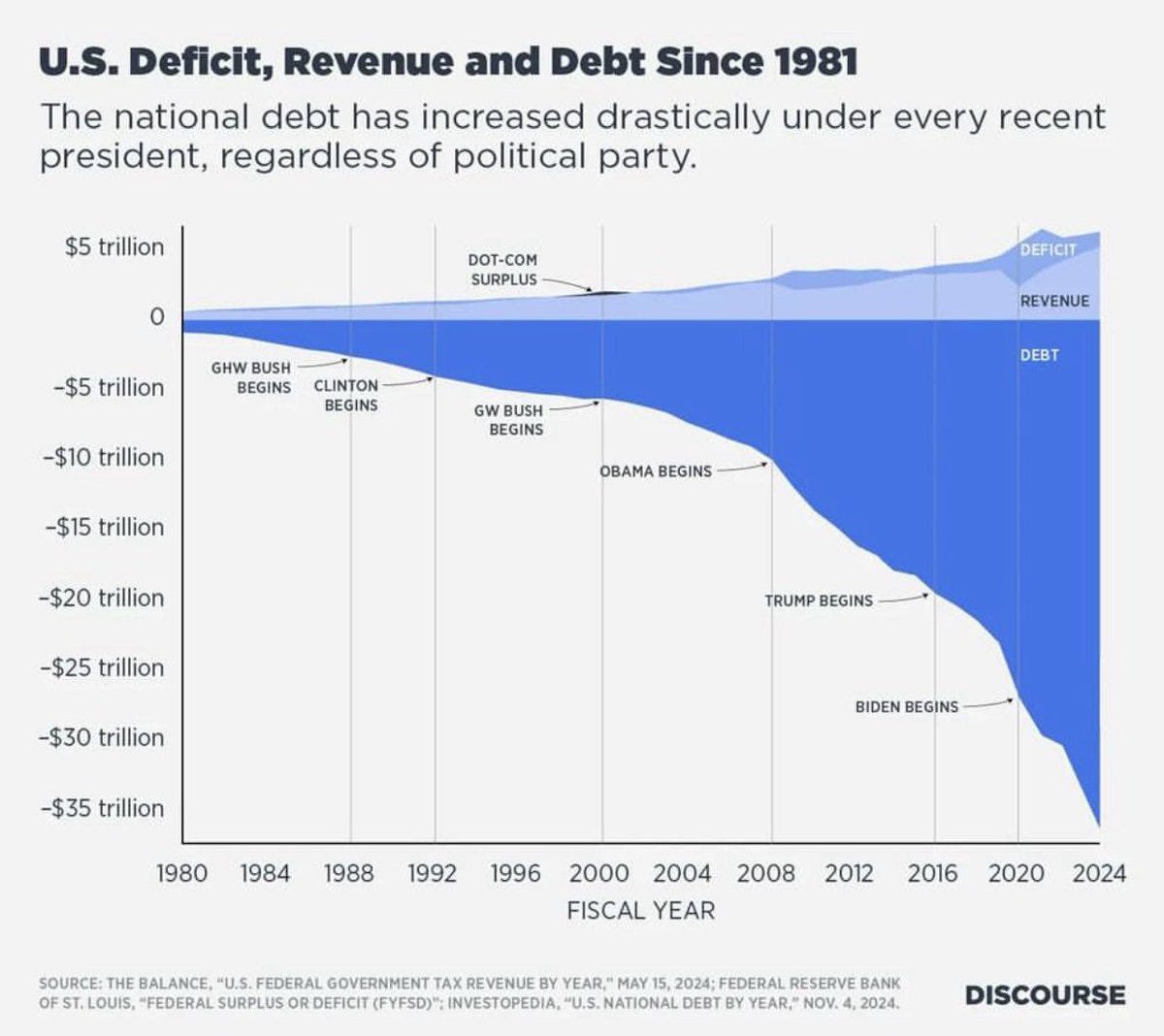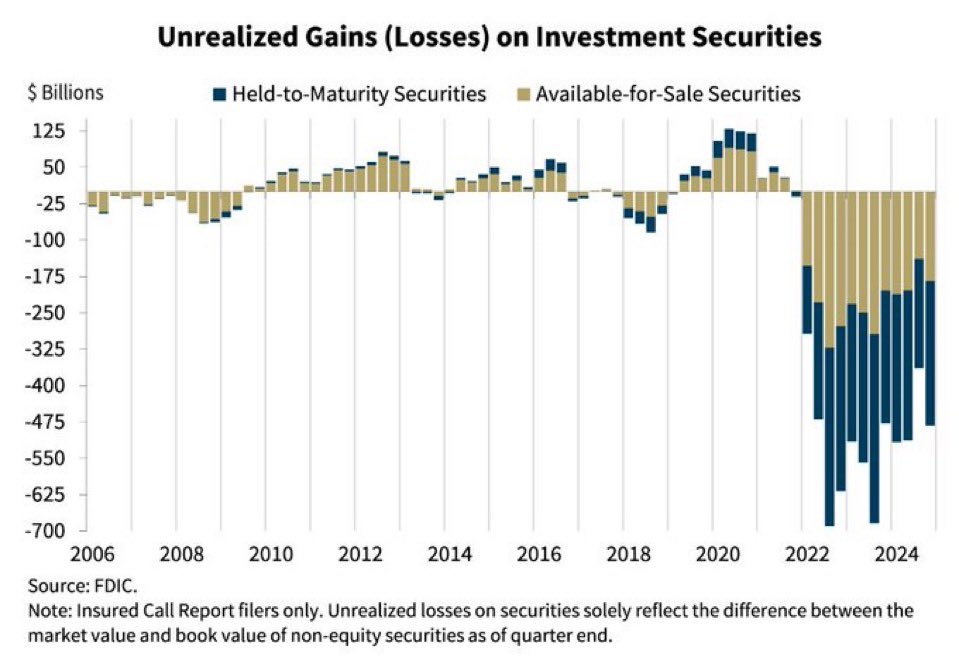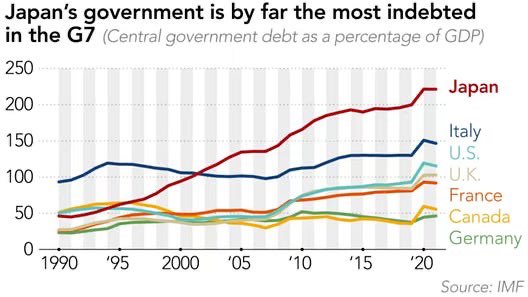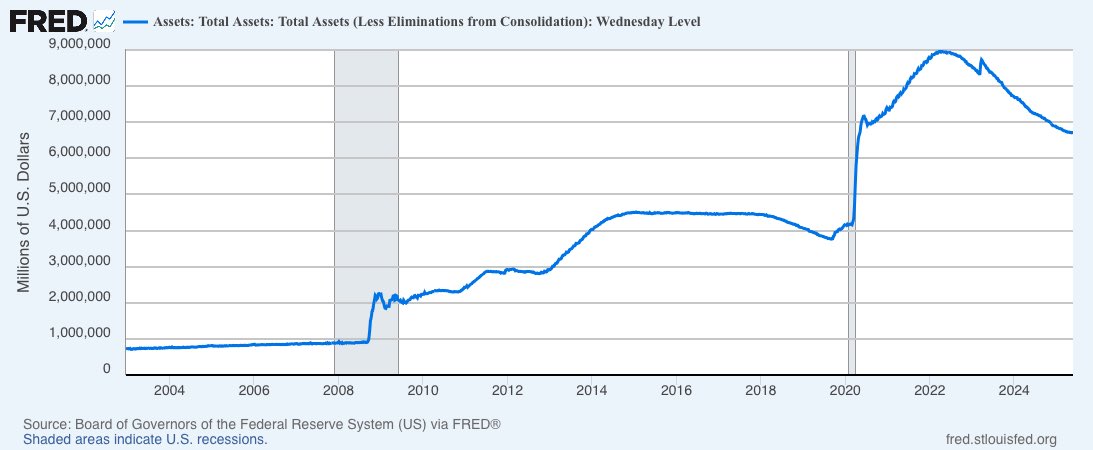
Professor Mark W Guthner
@mguthner
Associate Professor @ Rutgers Business School, Reformed Portfolio Manager, Options Guru, Best Selling Author, Public Speaker, U of Michigan Grad BSE(ME) & MBA
ID: 2924274199
http://www.TheOptionsEdge.Com 09-12-2014 17:59:02
3,3K Tweet
3,3K Takipçi
2,2K Takip Edilen











40 year JGBs have lost 65% if their value since 2019. This is a permanent loss of wealth making it devastating for investors. How will this impact US markets? Michael C. Khouw and I will discuss this and other important issues today at 12:30 on Open Interest.
